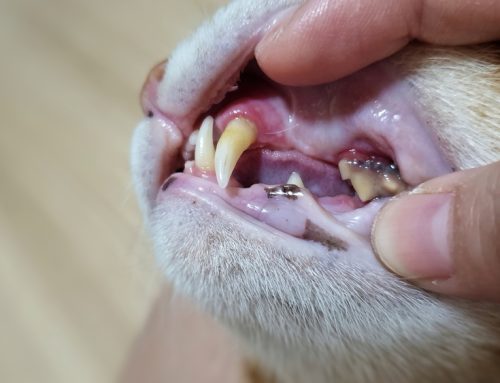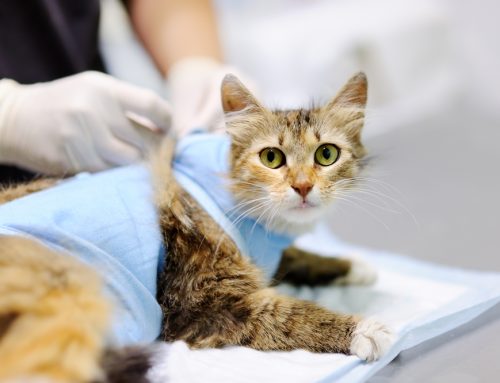Experiencing a veterinary emergency is a reality no pet owner wants to face. Unfortunately, accidents happen, and knowing what’s urgent—and what’s not—could save your furry friend’s life. At El Paso Animal Hospital, we’re dedicated to your pet’s well-being. That’s why we developed a classification system, to help us deliver the best possible veterinary care in any scenario. Read on to learn more about how we prioritize emergencies, and what you can expect should your pet experience one.
First priority: Critical patient
A critically ill pet deserves our undivided attention. These pets will present with life-threatening injuries or disease that must be tended to immediately—in seconds to minutes. Examples of first priority conditions include:
- Injuries that involve uncontrolled bleeding, an open fracture, or an automobile accident
- Breathing problems, choking, or respiratory distress
- Altered mentation, seizures, or paralysis
- Shock
- History of toxin ingestion
- Heatstroke
- Allergic reaction
- Obvious pain signs
If your pet experiences one or more of these signs, head to El Paso Animal Hospital, or your nearest 24/7 veterinary emergency center, as soon as possible. If you have help, and if safely possible, contact us on your way, so we can advise you on any first aid treatments before you arrive.
Second priority: Urgent patient
These patients are not as critically ill, but may quickly become first priority patients, and must be treated in minutes to hours, with frequent reassessments to ensure their condition does not deteriorate. Second priority veterinary emergencies may include:
- Major trauma, such as an altercation with another animal, or a fall from a balcony or other high surface
- Unsuccessful urination
- Intractable vomiting or diarrhea
- Gastrointestinal obstruction—recurrent vomiting is often the main sign
- Closed fracture
Because these conditions can progress swiftly, pets with second priority conditions should be brought in for veterinary attention as soon as possible. In the meantime, contact our veterinary team immediately for guidance.
Third priority: Stable patient
Patients experiencing signs that indicate disease, but not necessarily urgent illness, are classified as third priority emergencies. These may include pets with the following signs:
- Fever
- Lacerations
- Mild to moderate vomiting or diarrhea
- Mild to moderate coughing
- Blood in the urine
These pets should receive veterinary attention hours after their signs start. Depending on your pet’s condition, this may mean same-day treatment, or a next-day appointment. Always contact El Paso Animal Hospital if your pet is unwell, and our veterinary team will guide you on the best possible course of action.
Fourth priority: Completely stable patient
Fourth priority pets need evaluation, but not urgently. These patients may have one or multiple signs related to the following:
- Skin condition
- Sore ear or eye
- Lameness
- Abscesses or other minor wounds
- Chronic diseases, such as kidney, liver, or immune conditions
While most fourth priority problems are not life-threatening, they can be painful for pets, and unpleasant for owners. Therefore, seeking veterinary care in a reasonable amount of time is important.
What can you do to prepare for a veterinary emergency?

Of course, no pet owner wants to envision their companion needing urgent care, but preparing for an emergency may be prudent. With a little organization, you can do the following, to help set up your pet up for a healthy outcome:
- Prepare a veterinary first aid kit like this one—prepare one kit for home, and one for travel
- Keep an updated medical file for your pet, complete with vaccination records
- Know your pet’s medications, including drug and dose—save these in your phone, if necessary, or take a picture of your pet’s prescriptions
- Save El Paso Animal Hospital’s contact information in your phone
- If traveling with your pet, always know the location of the closest veterinary emergency service
At El Paso Animal Hospital, we understand that pets are like family, and any illness they suffer, whether urgent or not, can seem dire. If you are unsure whether your pet requires emergency care, don’t hesitate to contact us, or your nearest 24/7 veterinary emergency service, for help. After all, no one knows your pet better than you, and any concern warrants a call to a veterinary professional.







Leave A Comment